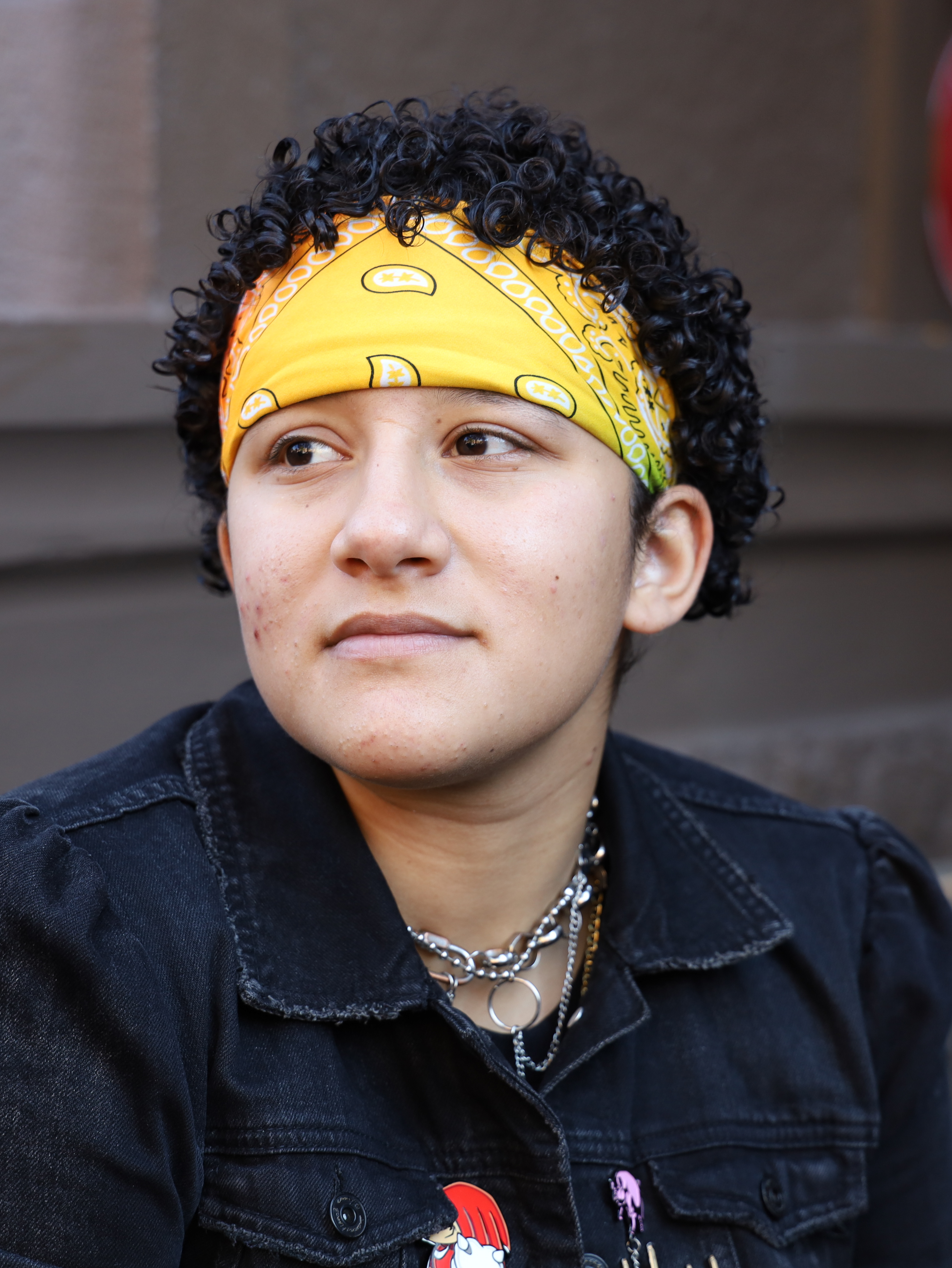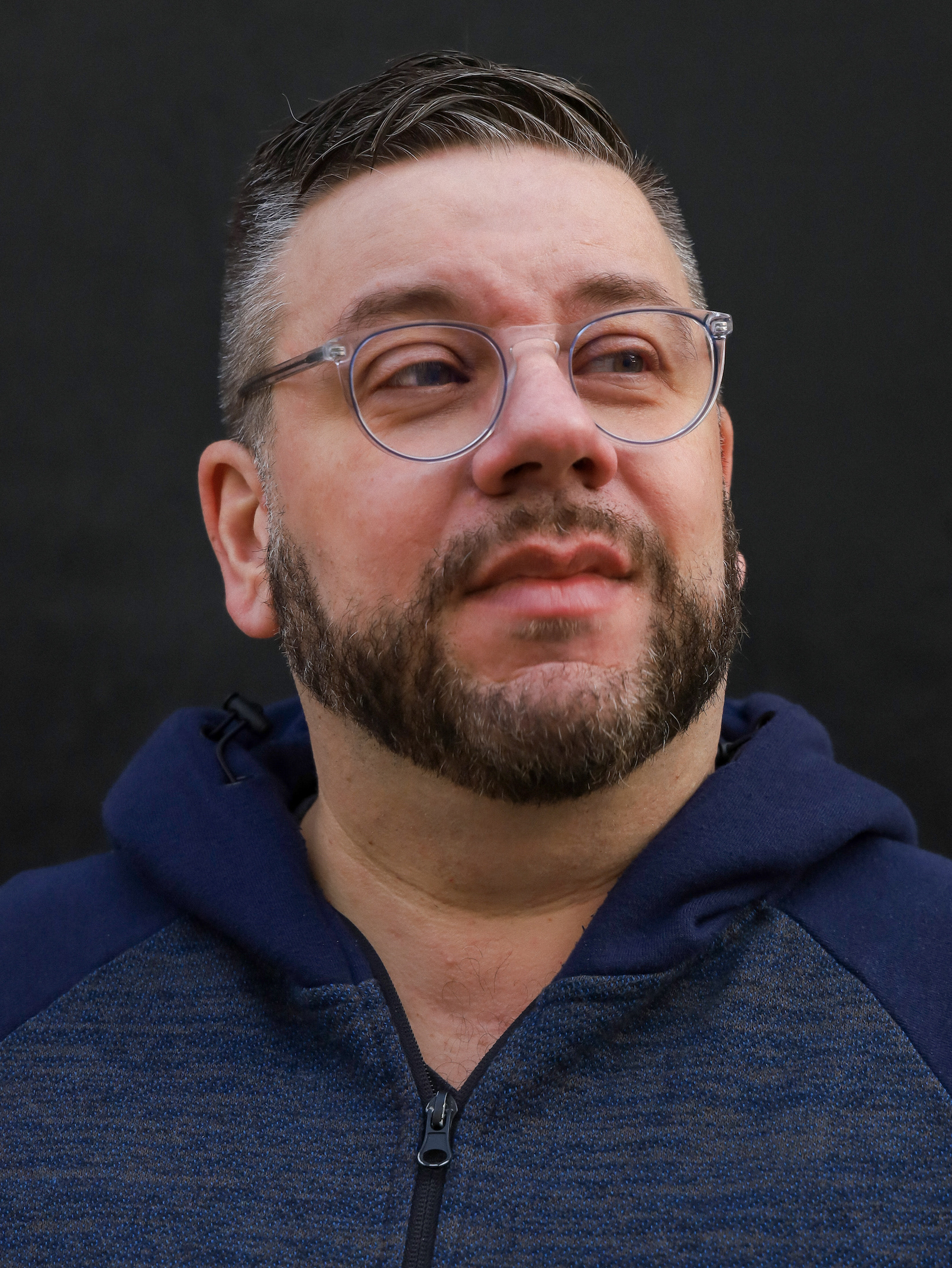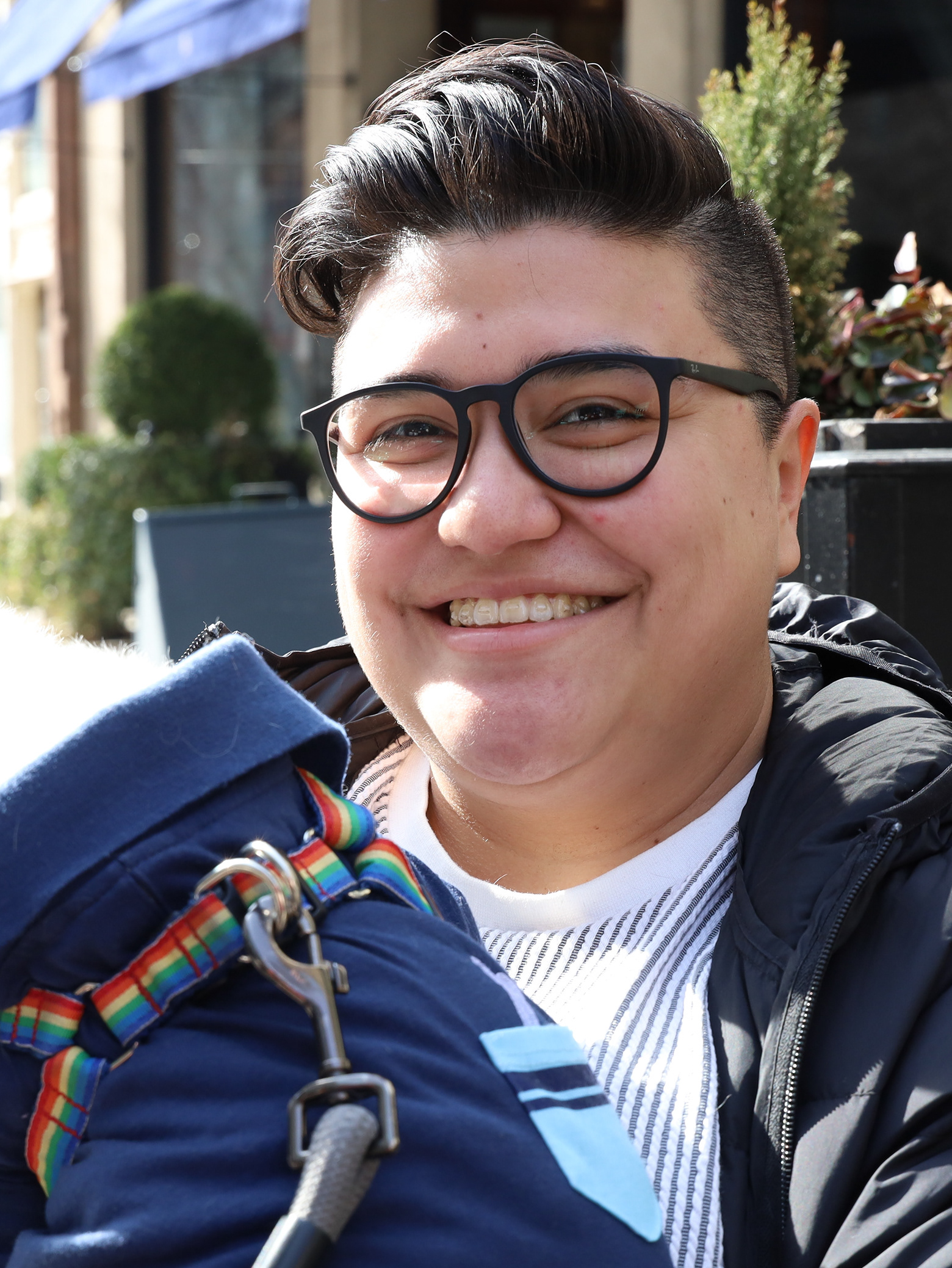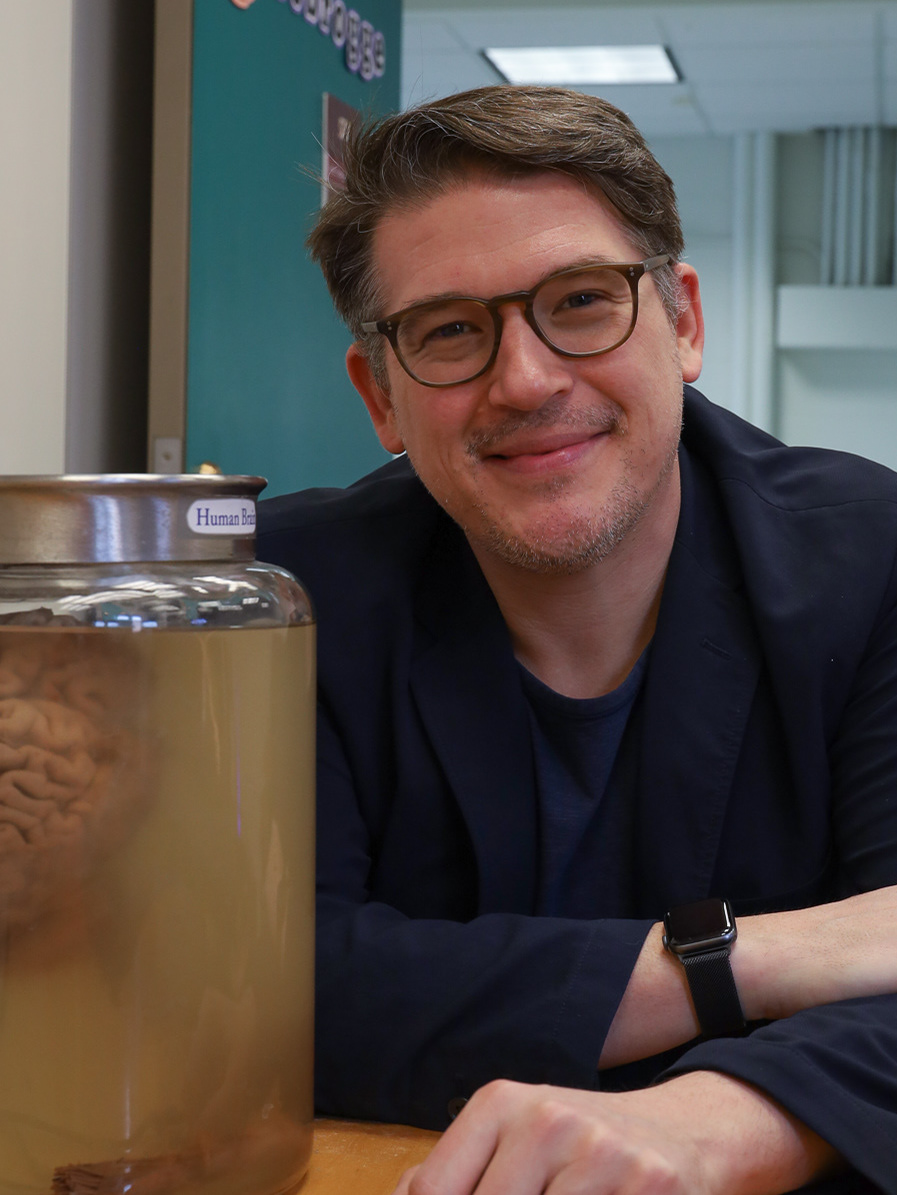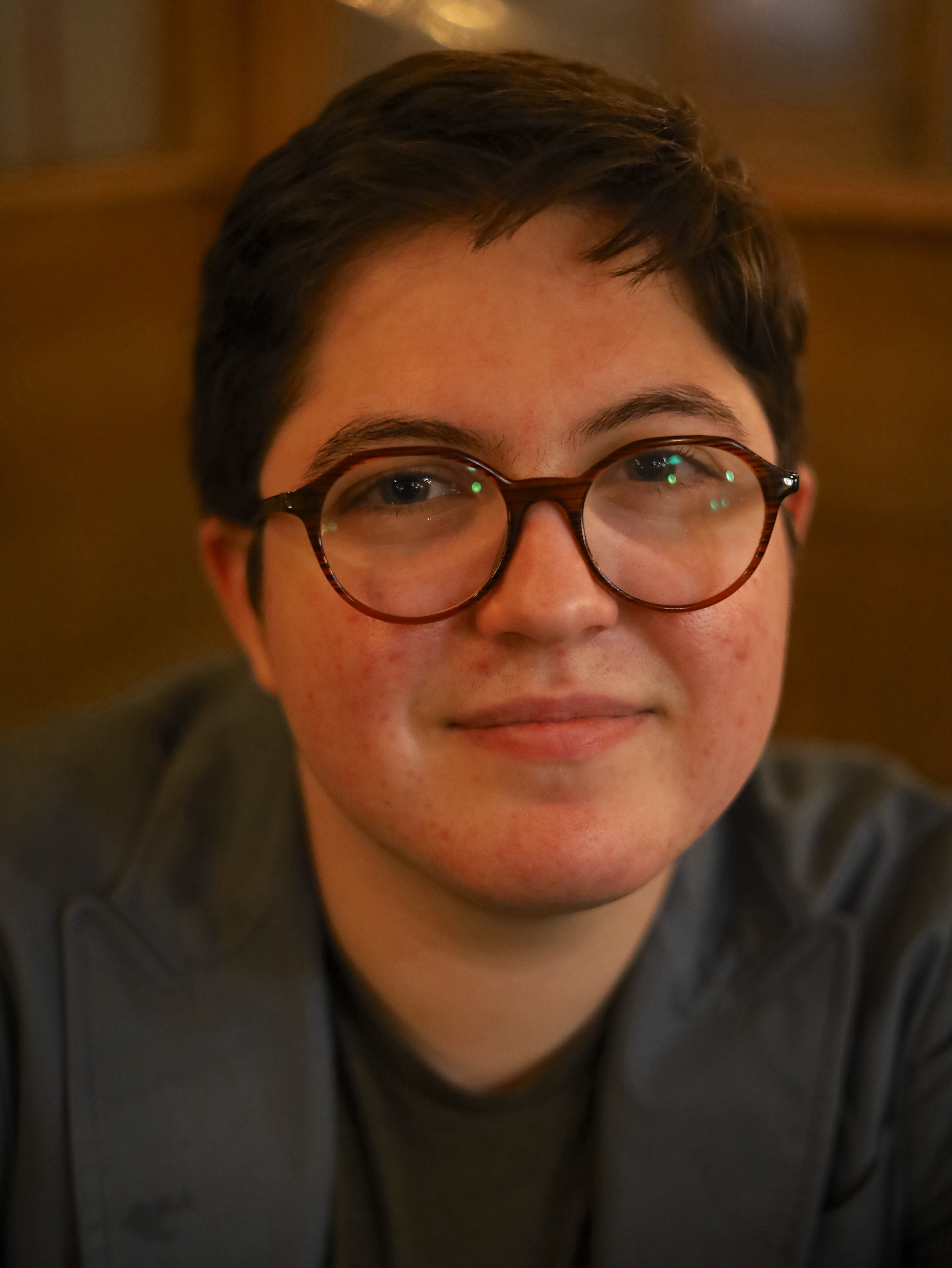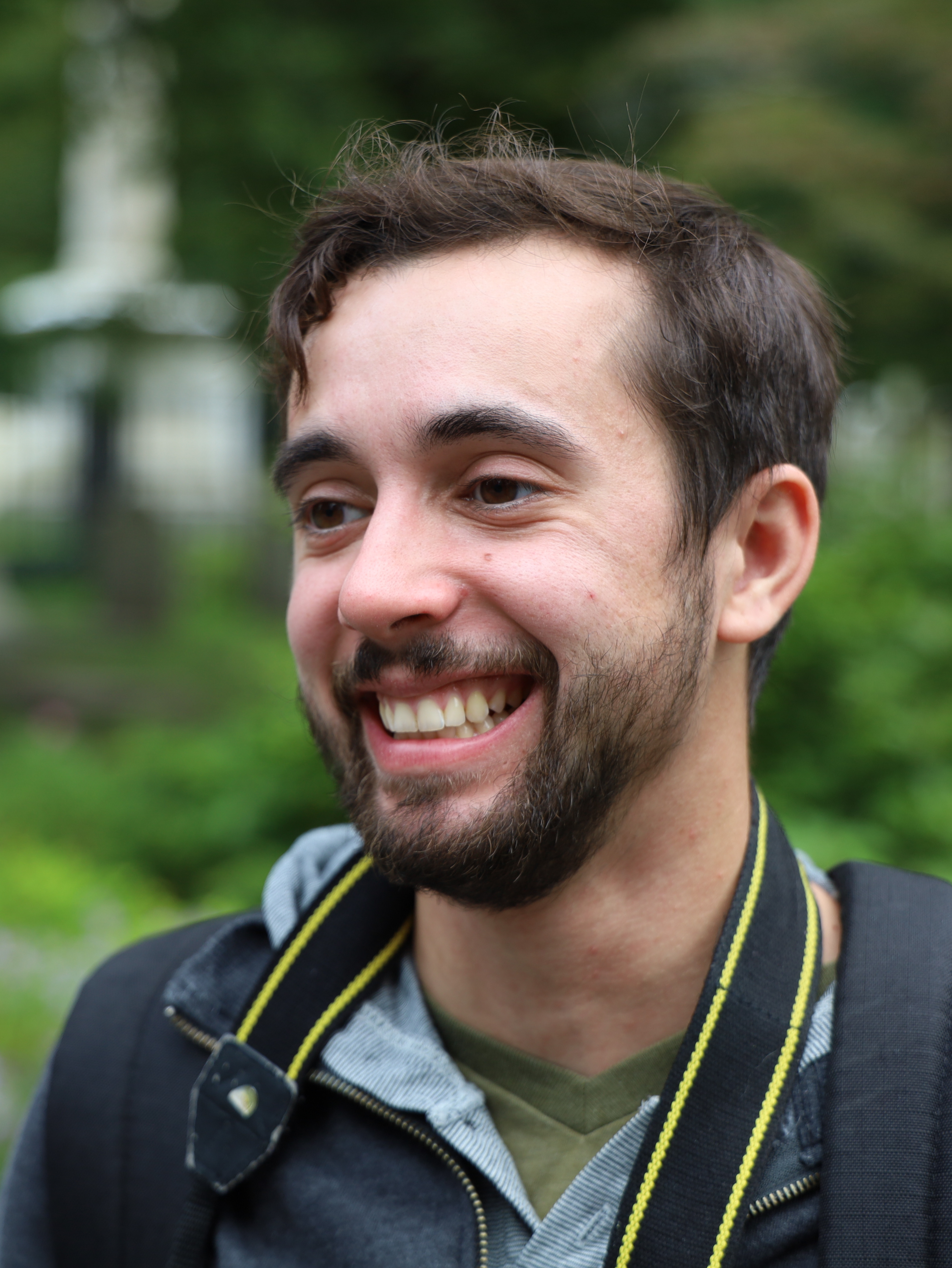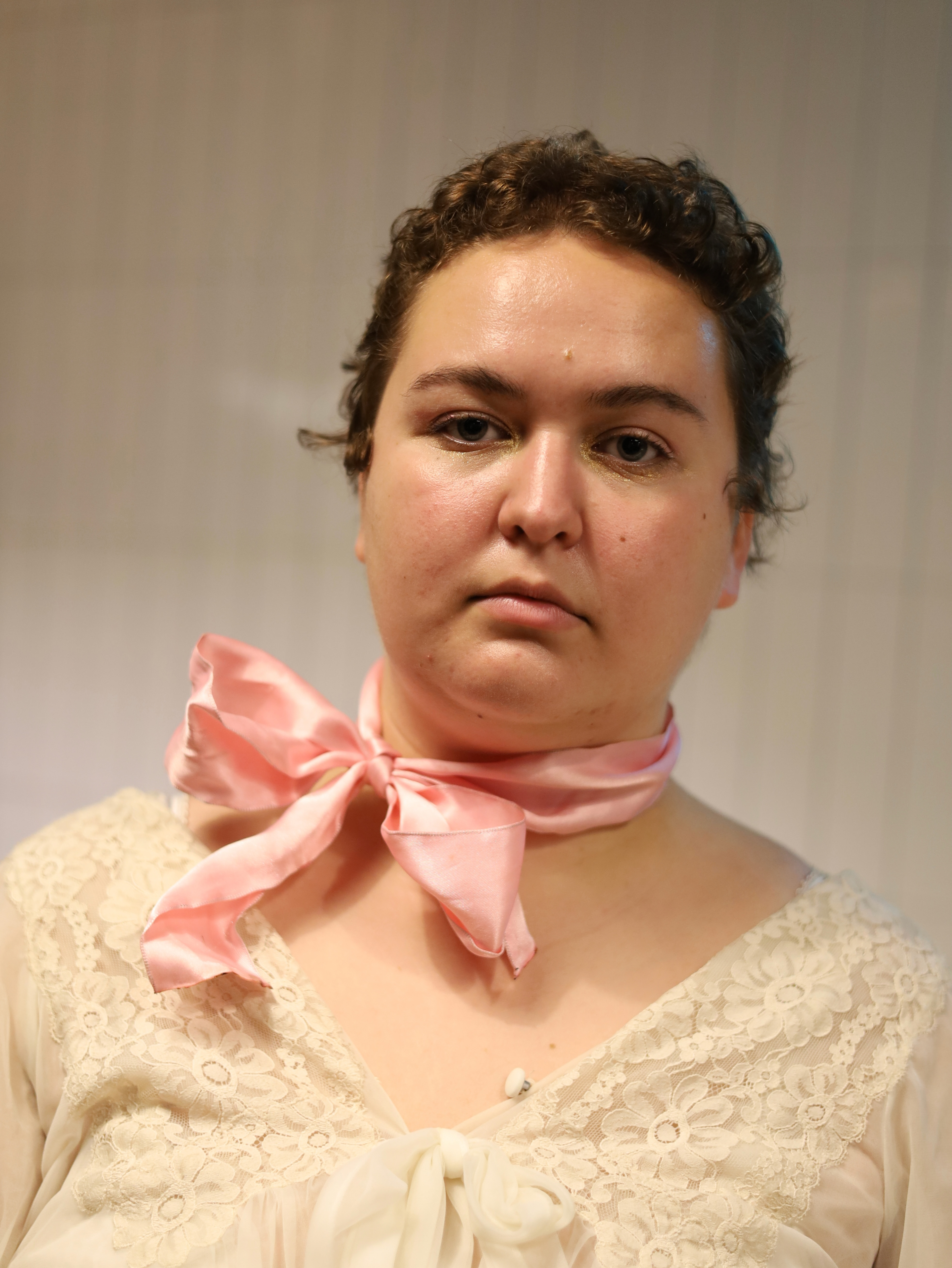“To me, queerness comes from queer theory. And queer theory is an anti-identity movement. So, the current emphasis on identities is very anti-queer. I think the irony of our cultural movement is that, on the one hand, many LGBTQ+ folks identify as queer but, on the other hand, they equate queerness with identity: pronouns, how you live, your gender identity, sexual identity – you name it. And I think queer theory’s great contribution, at least in its origins, speaks against that. This could be a very American phenomenon. Maybe it is based on individualism and ego psychology. As an immigrant, I find this emphasis on personal identity, as opposed to communal formation, quite impoverishing.
I have encountered a lot of gay men from a conservative Christian background. They have moved beyond this tradition in some ways, but the thing is you can never move beyond your childhood formative moments. We are not angels who can decide what we want to be at any moment in time. We are who we are because of where we come from. A lot of gay men have been very hurt by the church and consequently bear the scars of trauma in their bodies. For this reason, they reject the church completely. While that is fine, I think when you strictly define yourself in opposition to something, that thing still holds power over you. So, what interests me more than the opposition is how we can move beyond the dualism between acceptance and opposition in ways that are more enriching, respectful, and imaginative.”
— Luis Menéndez-Antuña (he/him), 45, cis-male, queer.
